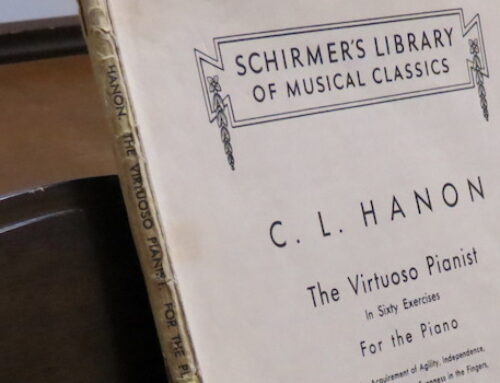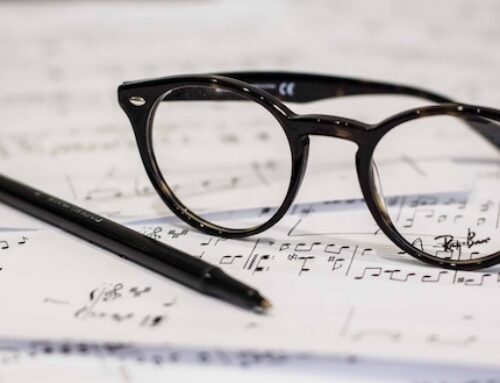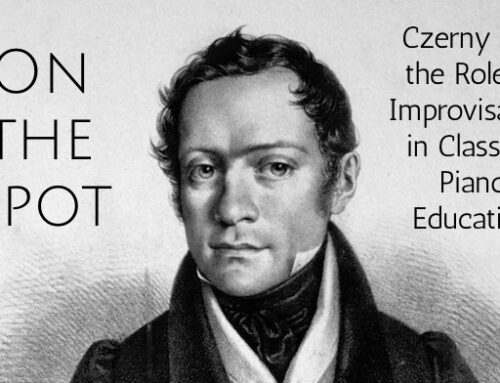The second key element of my teaching philosophy is simple.
2. Commitment, effort, and diligent practice, in combination with quality guidance, far outweigh intrinsic “talent.”
Many parents feel it isn’t worth investing in their children’s music education unless they show signs of special talent. However, I like to think of it this way: Imagine each child as an empty glass. Natural ability might allow a child to begin with a tiny bit of water already in the glass. Each hour of effective practice and each pearl of on-target feedback pours more water into the glass. Ultimately, the natural ability makes little difference. Whether or not a child begins with a little bit of water, a lot, or none at all, enough quality practice and instruction can fill the glass.
In my own teaching I have had the opportunity to observe those with a knack for picking up music slack off just enough to fall behind the slower, more diligent learners. Anyone, whether or not he or she seems to have a natural gift, can learn to be a skillful, convincing pianist.
Some intrinsic talent might make it easier to pick things up. Natural talent can be a wonderful gift, and yet it results in the danger of complacency and the temptation not to invest the time and energy to push oneself to perfect skills.
While I was in music school, I observed that some students could get by with far less practice than I could. And some did just that. That is precisely why natural ability can actually be a liability at times. It allows students to easily excel without stretching themselves.
Whether or not someone begins with this advantage (or disadvantage, depending how you look at it), he or she can reach the same level of mastery with commitment, diligence, and effective coaching.
In other words, “talent” is an optional ingredient!





Leave A Comment